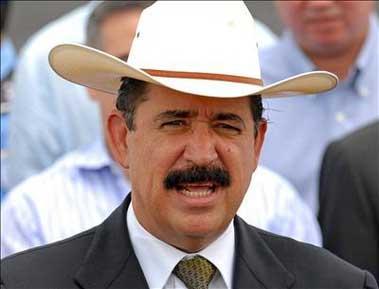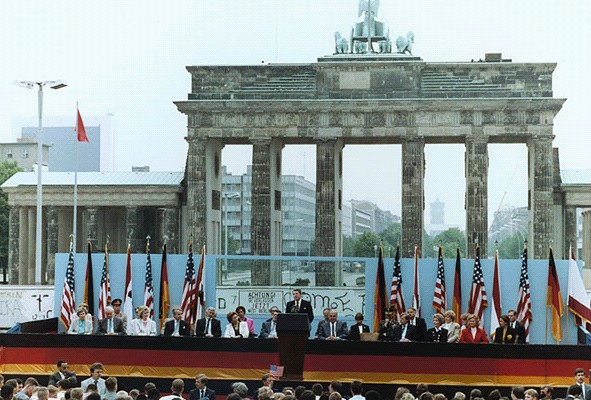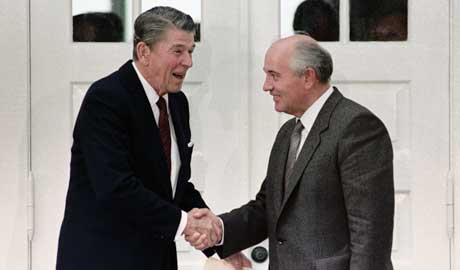 Fledgling US President Obama seems to have a firmer footing in Latin America by supporting the presidential elections in Honduras on Sunday despite rankling some countries in the region, as outlined in
Fledgling US President Obama seems to have a firmer footing in Latin America by supporting the presidential elections in Honduras on Sunday despite rankling some countries in the region, as outlined in Obama Backing of Honduras Election Crimps Latin Ties.
The Administration´s first stance supporting the restitution of constitutionally-removed former president Mel Zelaya was incomprehensible. Foreign assistance was cut off and visas were canceled for members of interim President Micheletti´s government.
Slowly Washington evolved its thinking (prodded by US Senator Jim Demint of South Carolina, a member of the powerful Senate Foreign Relations Committee) on the Honduran Crisis by silently rejecting the popular narrative spun by the Castro-Chavez Axis as a ´´coup´´ in another Latin American country. Unfortunately, the international press picked up the line and complicated a sober and honest assessment of the facts on the ground in Tegucigalpa.
No coup occurred when the Honduran Congress and Supreme Court acted to save the country and ordered Zelaya´s removal from the presidency. The near-coup actually happened when Zelaya rolled the dice in an illegal and naked power grab in a rigged national referendum to perpetuate himself in power. He failed to copy the success of Hugo Chavez in Venezuela and Evo Morales in Bolivia to install competitive autocracy through the ballot box.
As quoted in ''Impasse em Honduras amplia divisão político-ideológica na região''(Impasse in Honduras Widens Ideological Division in Region), Clodoaldo Bueno, a foreign policy professor at the University of São Paulo, believes ''Little by little, other countries will probably end up recognizing the election as the only possible solution because there will not be an ideal one.''
The Honduran Crisis is more than a tug-o-war of who leads Honduras. The bigger picture is a test of wills between two competing ideologies of Washington and the Castro-Chavez Axis in the region.
The only crimped ''Latin ties'' of importance are with Brazil, Argentina, and Chile. Standing for free elections and democractic values should not be so controversial.
The weight of Washington´s endorsement of the elections should also influence the European Union and individual states to give their unqualified support as well to finally conclude this difficult time for the people of Honduras who have been the first to forestall a Castro-Chavez takeover of their country.
The United States does need to pay greater attention to its southern border as both China and Iran forge closer ties. Building pluralist civil societies and improving trade relations, like passing the free trade agreement with Colombia, could help countries in the region to decide upon the political and economic model best for them. That is the their decision not populists who want to change the rules of the game once past the ballot box.
***
Anyone interested in English-language services or translations (Sp/Fr/Pt to En) may send an email to mrenglish101@gmail.com for a prompt evaluation of your documents or research request.


























